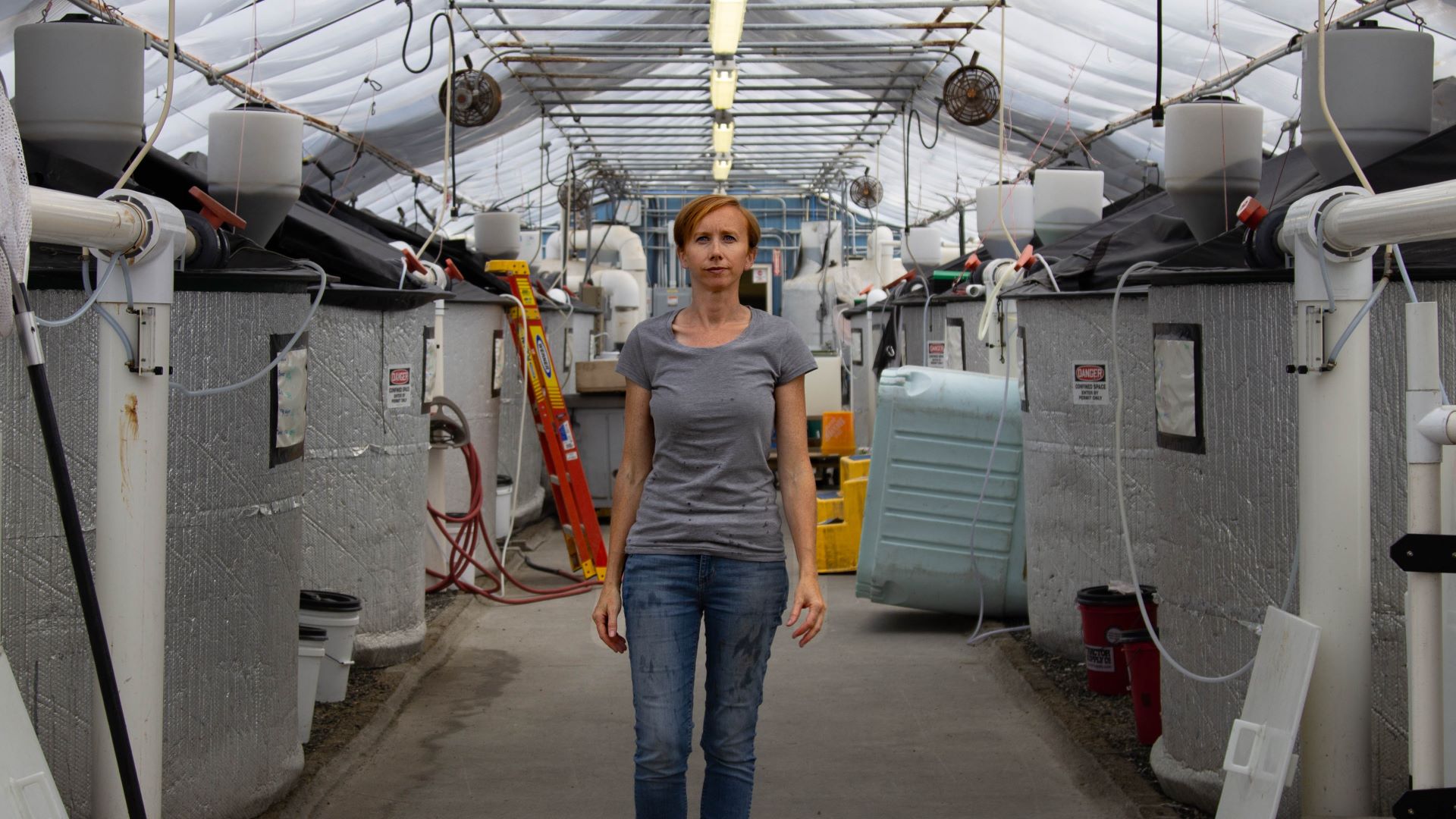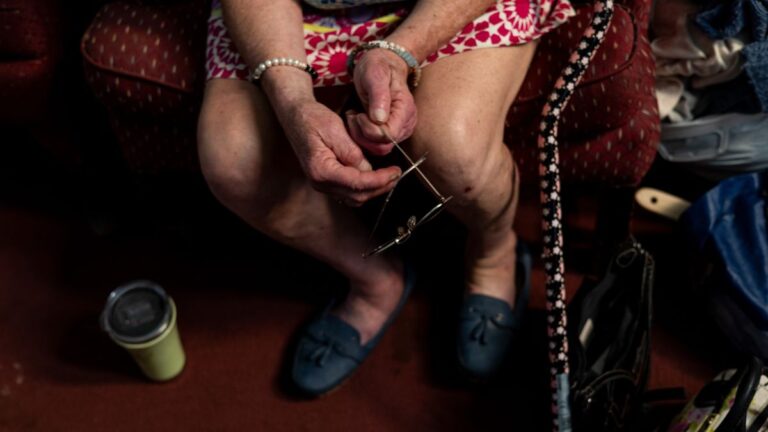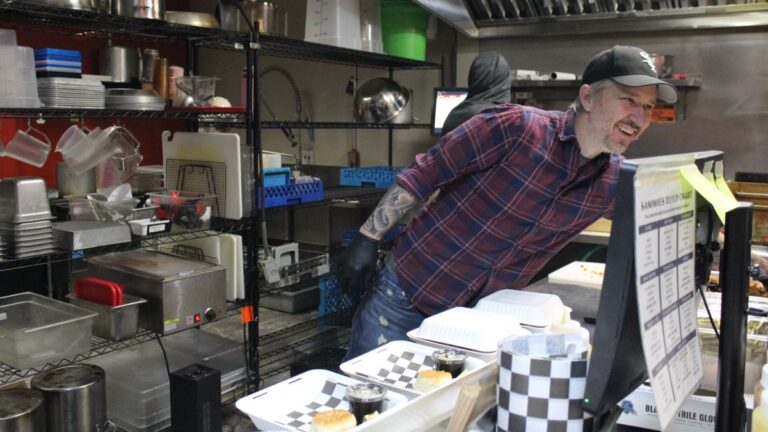Reporting for this story was supported by the Pulitzer Center. A version of this story was originally published in 2021.
Sara Rademaker is the president and founder of the only glass eel farm in the United States.
Typically in the U.S. elvers ー young eels ー are caught and then sent to countries like China to be raised and then purchased back full-sized. These young eels are extremely valuable and can be sold for up to $2,000 per pound.
However, through American Unagi, a fishery in Maine, Rademaker raises elvers to full market size.
Rademaker started the company back in 2014 after working in Kenya at a large commercial fishery. She came back home to Maine feeling as though this was her time to start her own aquaculture business. After toying with several ideas, she settled on eels.
“I just said, ‘Why isn’t anybody doing that?’” Rademaker said. “In Europe, they’re growing eels in land-based aquaculture. They had at that point been doing that for like 30 years. I said, the technology exists, the markets are here, we have the resources. We should be doing this here in the states.”
According to Rademaker, there are a couple of reasons why it had not been done in the States before. One reason is that sushi consumption in the United States has only exploded in the last 30 years.
“People weren’t eating eel in the way that they are now,” Rademaker said. “Americans are way more familiar with eel. It’s oftentimes people’s starter sushi because it’s one of the few that are cooked.”
The second reason is that while the technology has existed, raising the eels requires a certain skill set.
“Aquaculture businesses are tough and they require a certain level of expertise,” Rademaker said. “That’s the other piece of the puzzle: The right person hadn’t then come around to start the business.”

According to Rademaker, the eels take about seven months to two years to reach full size at her facility. This is much shorter than in the wild, where they take at least five years and as long as 30 years.
As for the future, the Bangor Daily News reported in August of this year that Rademaker is on the verge of moving the company from Franklin to its own building in the Waldoboro Business Park. Rademaker’s company, American Unagi, has been operating out of the University of Maine’s Center for Cooperative Aquaculture Research in Franklin since 2018, the Bangor Daily News reported.
“We are in the final details now,” she said. “This is a good business for the Maine coast.”
Rademaker hopes the new 27,000 square foot facility in Waldoboro will enable her team to raise over 2 million eels a year. Rademaker says one of her favorite parts about the journey is working with the eels.
“I am so thankful to work with such an incredible fish,” Rademaker said. “A lot of my fondest memories involve being constantly amazed by these fish.”







